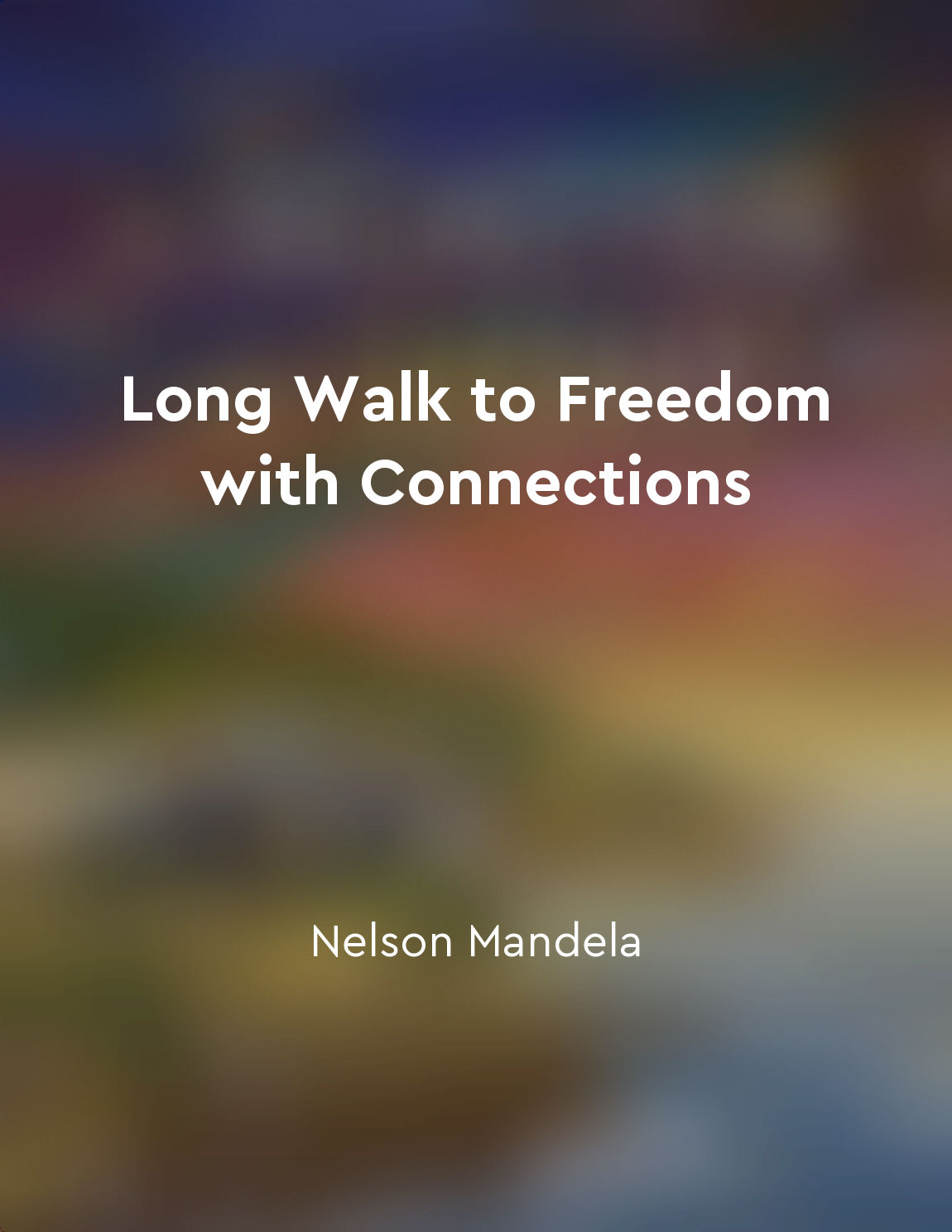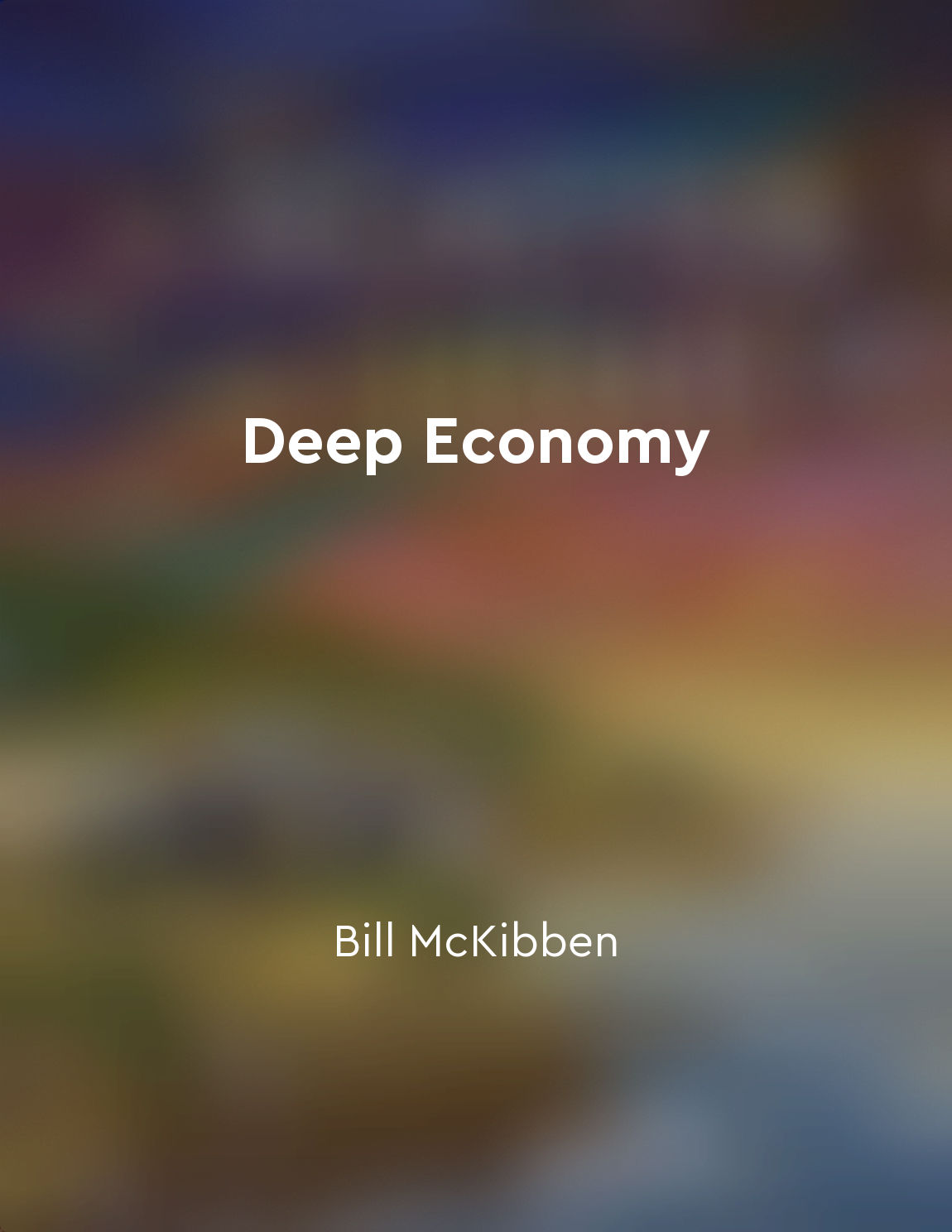Misconceptions about poverty from "summary" of Economic Facts and Fallacies by Thomas Sowell
Many misconceptions about poverty abound, leading to misguided policies and ineffective solutions. One such misconception is the belief that poverty is primarily a result of external factors beyond an individual's control. While it is true that external factors such as discrimination and lack of opportunities can contribute to poverty, personal choices and behaviors also play a significant role. Another common misconception is the idea that poverty is a fixed state, with individuals trapped in a cycle of deprivation with no hope of escape. In reality, poverty is often a temporary condition, and many people move in and out of poverty throughout their lives. This fluidity underscores the importance of focusing on policies that promote upward mobility and provide opportunities for economic advancement. Additionally, there is a misconception that poverty is solely a result of income inequality. While income inequality can exacerbate poverty, it is not the root cause. In fact, focusing solely on income redistribution without addressing the underlying causes of poverty can have unintended consequences and further entrench individuals in dependency. Furthermore, there is a misconception that the wealthy are responsible for the poverty of others and that redistribution of wealth is the solution to poverty. However, this overlooks the fact that wealth creation is not a zero-sum game and that policies aimed at punishing the wealthy can have negative repercussions for overall economic growth and prosperity. In order to effectively address poverty, it is crucial to dispel these misconceptions and adopt a more nuanced understanding of the complex factors that contribute to poverty. By recognizing the role of personal agency, promoting economic opportunity, and focusing on sustainable solutions, we can work towards reducing poverty and improving the lives of individuals and communities.Similar Posts
Social development is linked to economic progress
Social development is closely intertwined with economic progress. The two are mutually reinforcing, with improvements in one ar...

Transition to political negotiations
During this period, we began to see a shift in the political landscape. The government was starting to realize that the status ...

Embrace diversity and inclusion
Diversity and inclusion are not just buzzwords; they are essential ingredients for creating a more just and equitable society. ...

Financial crises can have significant economic consequences
When financial crises occur, they can have far-reaching effects on the economy. One of the most immediate consequences is a dec...
Financial markets driven by speculation
In today's financial markets, speculation plays a dominant role. Traders and investors are constantly trying to predict the fut...
Overcoming fear is essential for growth
Fear is a powerful force that can hold us back from reaching our true potential. It is often the barrier that prevents us from ...

Social injustice is pervasive
The fact is that the average man's love of personal liberty and his desire to be free from the interference of government with ...
Innovation will be essential for survival
The world is changing rapidly, and businesses that fail to innovate will be left behind. Innovation is not just a buzzword or a...

The pursuit of endless growth is unsustainable
Our current economic system is built on the premise that endless growth is not only possible but necessary. We are constantly b...
